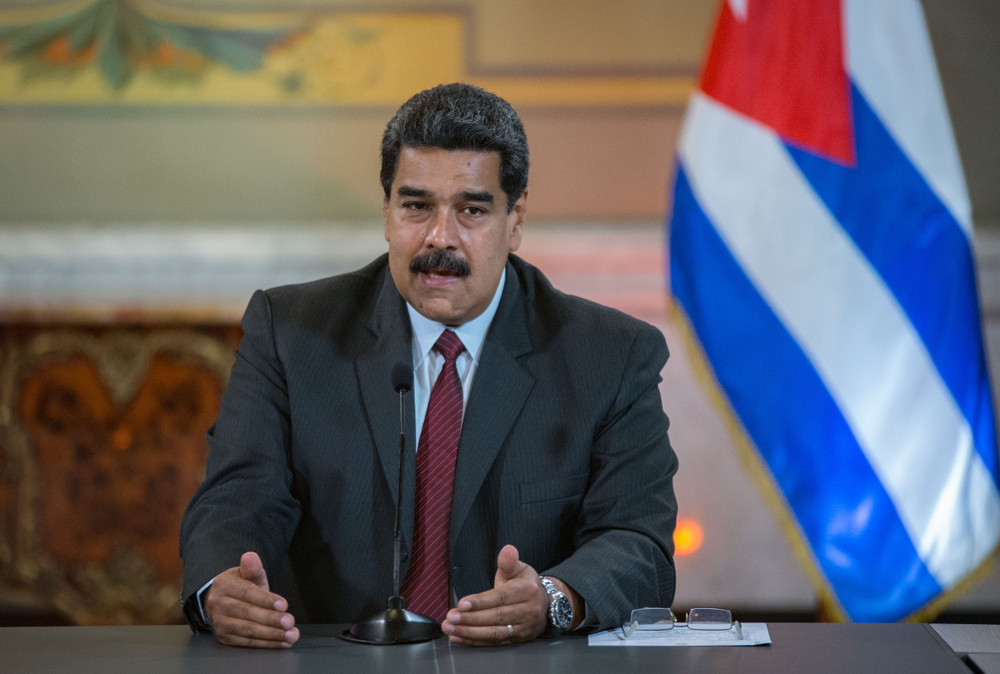Nicolás Maduro is the current president of Venezuela, known for his rise from union activism to national leadership and for steering the country through one of its most turbulent modern eras. His presidency, marked by economic collapse, international isolation, and authoritarian consolidation, has reshaped Venezuela’s political landscape.
Early Life and Union Roots
Nicolás Maduro Moros was born on November 23, 1962, in Caracas, Venezuela, into a working-class family. His father was a prominent leftist labor leader, and Maduro followed in his footsteps. He began his career as a bus driver for the Caracas Metro, where he became active in union organizing. This grassroots involvement laid the foundation for his political ascent, aligning him with Venezuela’s socialist movements and eventually with Hugo Chávez’s Bolivarian Revolution.
Maduro never completed a university degree, though he claimed to have studied in Cuba—a claim that has been widely disputed. His early political identity was shaped by Marxist and Bolivarian ideologies, and he became a founding member of the Movement for the Fifth Republic (MVR), Chávez’s original political party.
Rise Under Hugo Chávez
Maduro entered national politics in 2000, winning a seat in the National Assembly. He quickly rose through the ranks, becoming President of the National Assembly in 2005. In 2006, Chávez appointed him Minister of Foreign Affairs, a role he held until 2012. During this time, Maduro became known for his loyalty to Chávez and his ability to navigate international diplomacy, especially with allies like Cuba, Russia, and Iran.
In October 2012, Chávez named Maduro Vice President, signaling him as a potential successor. When Chávez died in March 2013, Maduro became interim president and then won a special election in April 2013 with 50.6% of the vote, narrowly defeating opposition leader Henrique Capriles. His victory was contested, but the Supreme Court and military backed Maduro, solidifying his hold on power.
Presidency and Political Consolidation
Maduro’s presidency has been defined by economic collapse, political repression, and international isolation. By 2014, Venezuela was facing severe shortages of food, medicine, and basic goods. Inflation soared, eventually reaching hyperinflation levels, and millions of Venezuelans fled the country in what became one of the largest migration crises in Latin American history.
In response to growing dissent, Maduro ruled by decree starting in 2015, using emergency powers granted by the National Assembly. When the opposition won control of the Assembly later that year, Maduro’s government created a parallel legislature—the National Constituent Assembly—in 2017, effectively sidelining the opposition and consolidating executive power.
His reelection in 2018 was widely condemned as fraudulent by international observers, including the United States, the European Union, and the Organization of American States. In 2019, opposition leader Juan Guaidó declared himself interim president, receiving recognition from dozens of countries. However, Maduro retained control of the military and key institutions, allowing him to remain in power.
International Relations and Sanctions
Maduro’s foreign policy has been shaped by anti-U.S. rhetoric, strategic alliances with Russia, China, Iran, and Turkey, and efforts to circumvent international sanctions. The United States imposed economic sanctions targeting Venezuela’s oil industry, government officials, and financial institutions, accusing Maduro of human rights abuses, drug trafficking, and undermining democracy.
In 2020, the U.S. Department of Justice indicted Maduro on narco-terrorism charges, alleging he led a drug cartel known as the Cartel of the Suns. Maduro denied the accusations, calling them politically motivated. Despite mounting pressure, he has remained defiant, often invoking nationalist and anti-imperialist themes to rally domestic support.
Human Rights and Governance
Maduro’s government has been accused of widespread human rights violations, including arbitrary detentions, torture, extrajudicial killings, and media censorship. The United Nations and Human Rights Watch have documented abuses committed by security forces and pro-government militias.
Despite these allegations, Maduro has maintained a tight grip on power through military loyalty, control of the judiciary, and strategic use of patronage networks. His administration has also used state-run media and propagandato shape public perception and discredit opposition voices.
Recent Developments and Legacy
In 2025, Maduro faces renewed international scrutiny amid escalating tensions with the United States. The Trump administration has launched drone and naval strikes against alleged narcotrafficking vessels in the Caribbean and Pacific, many of which are linked to Venezuelan networks. These actions have intensified fears of a broader conflict and raised questions about Maduro’s role in regional instability.
Despite economic collapse and international condemnation, Maduro has proven remarkably resilient. His ability to adapt, consolidate power, and navigate geopolitical alliances has allowed him to remain at the helm of Venezuela for over a decade.





